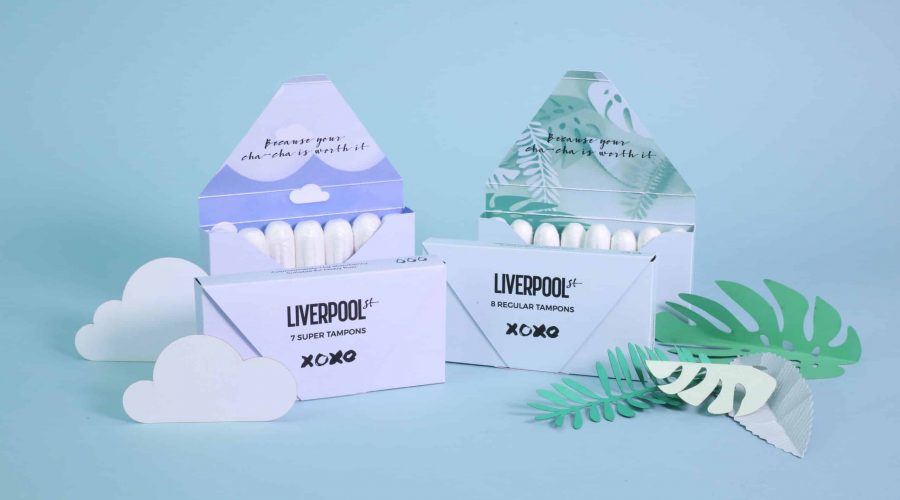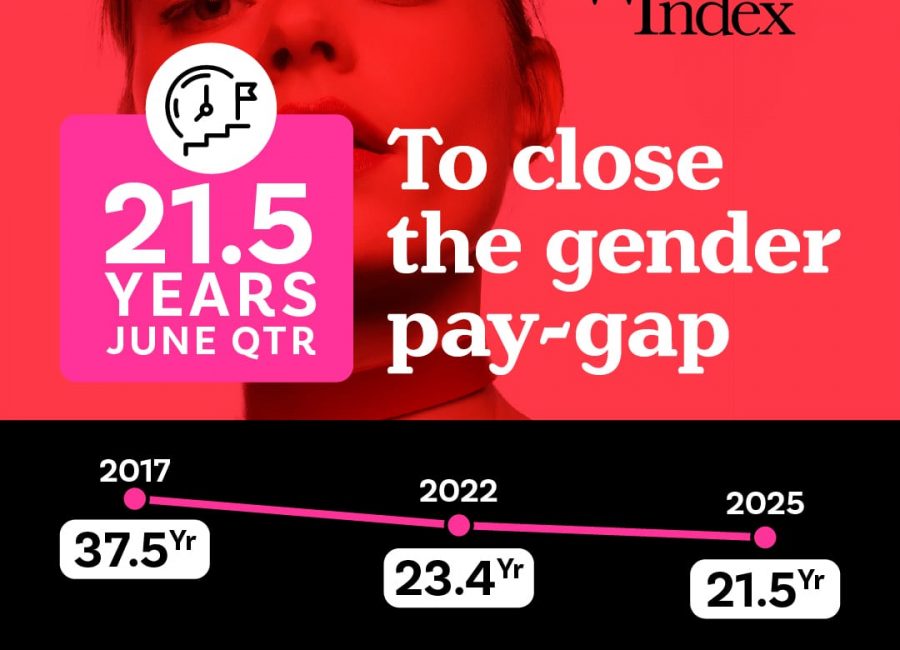Finally it’s happened. A major political party has pledged to stop taxing the periods of Australian women in what could be a political game changer for women’s issues in the upcoming May Budget.
This is a breakthrough in Australian politics and signals that women could be more of a focus in the upcoming federal budget in May, particularly where it relates to tax and superannuation.
It also means that some politicians at least see tampons as a tax-free necessity the same as condoms – which are already free of the Goods and Services Tax (GST).
Social media was buzzing with #tampontax over the weekend after the Labor Party announced it would abolish the GST on tampons and women’s sanitary products if it wins the next election and instead raise extra money on alternative health treatments that are currently exempt from the GST.
The next federal election could either be called later this year or early 2019.
But the big question is; will Australian women who represent over 50 per cent of the population necessarily vote Labor for the tampon tax alone?
I’m going to say yes, many will and that view stands even if Prime Minister Malcolm Turnbull succumbs to public pressure and follows suit on axing the tampon tax.
Labor now has first mover advantage on a highly controversial women’s tax discrimination issue.
This means that even in the years after Labor’s Julia Gillard became our first female prime minister, Australian women are more likely to see Labor as being female friendly, or so to speak.
This of course comes at a time when women’s issues are getting louder, particularly on gender pay disparities, workforce equality and even anti sexual assault campaigns like #MeToo.
What this should also mean for Australian women is that if Labor wins or the Turnbull Government matches the promise, then the cost of tampons should come down.
Typically the cost is around $3 – $10 a packet, depending on how much you like the pretty packaging – let’s be honest!
Labor estimates that buying tampons costs women over $300 million each year, and that $30 million of that is collected in GST.
The government is increasingly under pressure by accounting and financial services firms to address economic discrimination against women in the tax and superannuation sectors ahead of the Budget.
Last week a new report by KPMG Australia drew attention to the economic disadvantage of women when it comes to tax and superannuation.
Indeed KPMG titled Ending workforce discrimination against women said that halving the gender pay gap in Australia and reducing entrenched discrimination against women in the workforce could result in a massive payoff to society valued at $60 billion in GDP by 2038.
The KPMG report also went further to say that if female workplace participation rates were to continue to increase then this could deliver a $140 billion lift in living standards in 20 years’ time.
In looking at strategies to address some of the economic imbalances that affect Australian women, KPMG recommends further proactive policies are needed including:
- paying the superannuation guarantee on Commonwealth Parental Paid Leave and applying it to workers’ compensation payments.
- Amending the Sex Discrimination Act to ensure employers are able to make higher superannuation payments to women if they wish to do so.
- Reviewing the Fair Work Act to determine the effectiveness of Equal Remuneration orders in addressing gender pay equity – including a less adversarial consideration of the undervaluing of women’s work.
It will be interesting to see what happens in politics in the lead up to this May Budget. Fingers crossed that the economic disadvantage faced by many women in tax and super gets the attention it deserves.












